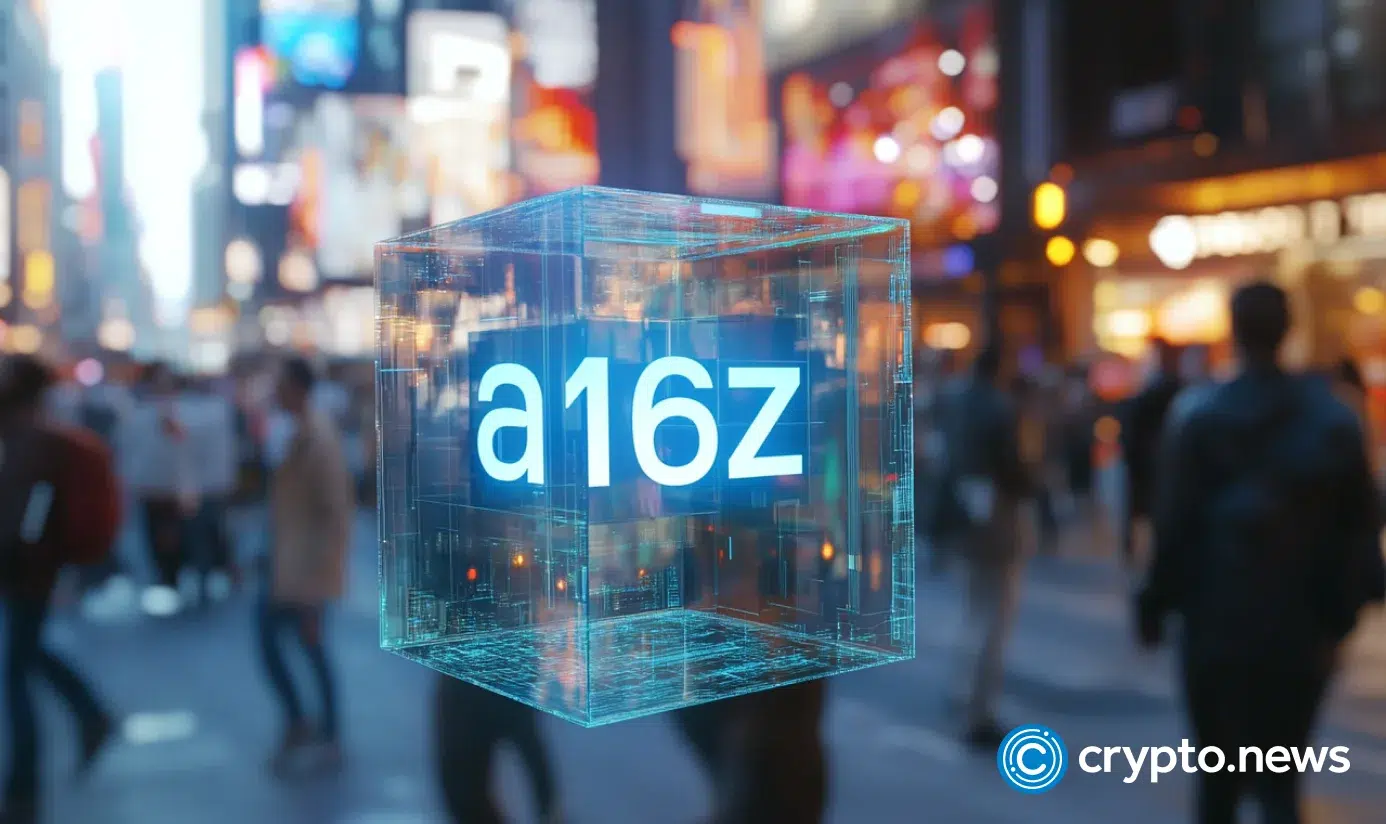
Share
Airdrops should be “safe, legal, and frequent,” a16z’s head of policy stated, advocating for a safe-harbor from regulatory enforcement.
Crypto industry continues its push for more favorable crypto regulation. On Thursday, April 10, Miles Jennings, the head of policy and general counsel at venture capital firm a16z crypto, published a report advocating for easing regulations on crypto airdrops.
The Biden SEC's attack on crypto created perverse incentives that were detrimental to Americans.
For example, it led to them being excluded from airdrops, depriving them of ownership of the internet.
Today, we published a quick explainer of our airdrop safe harbor proposal👇 pic.twitter.com/Nx8znKPVOg
Jennings criticized the harsh regulatory approach toward airdrops by the U.S. Securities and Exchange Commission under Gary Gensler. Due to regulatory issues, he noted, most projects have excluded Americans from their airdrops.
“The Biden SEC’s attack on crypto created perverse incentives that were detrimental to Americans. For example, it led to them being excluded from airdrops, depriving them of ownership of the internet,” Miles Jennings, a16z.
Airdrops are a method of distributing crypto tokens to holders. Some are given out to reward engagement, and others serve as a marketing tool. Still, because the SEC under Gary Gensler has considered most crypto assets to be securities, its stance on airdrops has been largely negative.
According to the agency, crypto airdrops amounted to unregistered securities offerings, even though most airdrops are effectively free for recipients. Jennings disagrees with that stance, suggesting that airdrops are essential for projects to achieve decentralization.
“Airdrops are not a ‘sale.’ Rather, they’re critical in enabling blockchain projects to function but also enable them to achieve decentralization.”
To remedy the current situation, Jennings proposes five conditions that would allow an airdrop to be excluded from U.S. securities laws. For one, the airdropped token should be a network token, meaning it derives its value from a decentralized blockchain—not a company. Moreover, the blockchain network should already be operational.
Regarding distribution, it should be broad and equitable, meaning it’s not limited to private investors or venture capitalists. At the same time, the airdrop should either be free or based on past network usage. Finally, any portion of the airdrop allocated to insiders should be locked for at least one year to prevent rug pulls.
Read more about
Rexas Finance Presale
Deep Dives
Are DeFi and Layer 2 chains squeezing the juice out of Ethereum: Deep dive on the downfall of ETH
Markets surge on Trump’s tariff pause — but Bitcoin’s recovery may not hold
Is a four-year Bitcoin cycle dead?
Breaking free from the Matrix: Web3 search engine can reshape the internet’s future | Opinion
No fees, more perks: why crypto exchanges want your subscription
As China hits U.S. goods with 84% tariffs, Bitcoin falls to $76K — will the Fed intervene?
EXCLUSIVE: GOSH teams with NetIX to boost Acki Nacki blockchain speed and scale
Who controls your digital identity? Blockchain’s answer to AI avatar risks | Opinion
A quiet SaaS stock just surged 840% on Solana plans — is Janover writing a new playbook?
The Wolf of All Streets: “Michael Saylor might be one of the worst traders in modern history.” Is he serious?
Related News
Wayfinder’s PROMPT token goes live on OKX amid airdrop claiming process
Ukraine’s SEC proposes 23% total tax on crypto income
AI agent tokens rally led by Fartcoin’s 25% surge
Get crypto market analysis and curated news delivered right to your inbox every week.
You have successfully joined our subscriber list.
